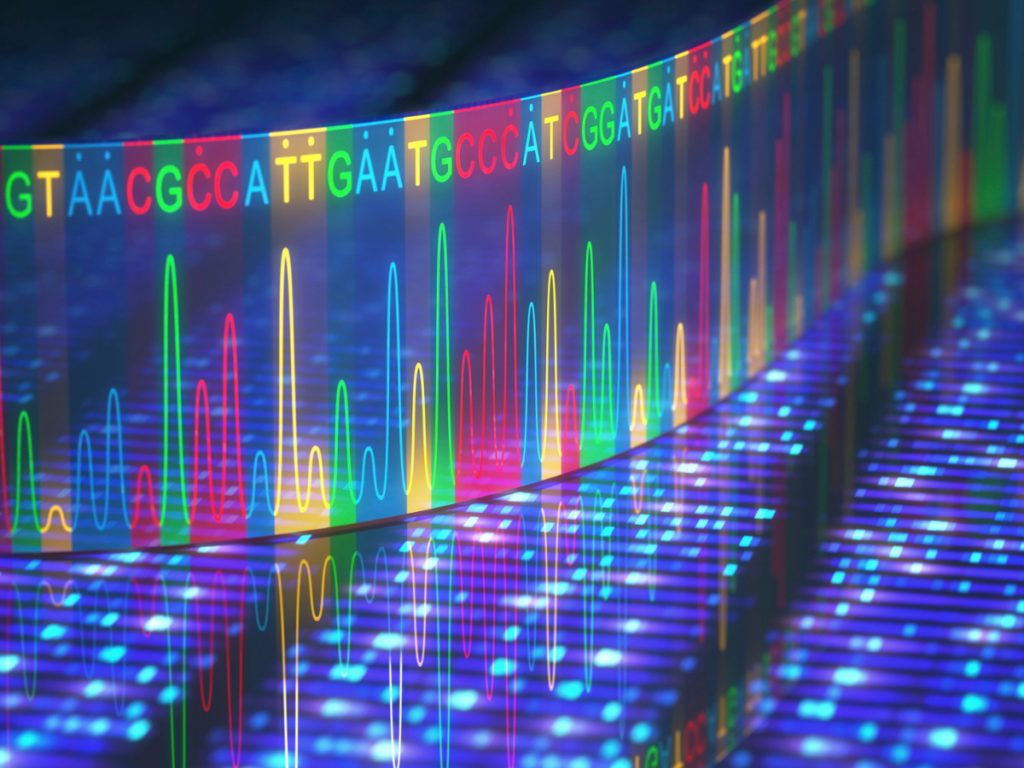
These customer publications highlight our platform’s versatility in transforming NGS analysis for Late-Onset Pompe Disease and Developmental Dyslexia, leading to breakthroughs in comprehending complex genetic disorders and enabling novel treatment avenues.
The versatility of our VarSeq platform is in full bloom this spring! Below are two examples of the scalability of our software as well as the complex analysis that can be custom designed to suit your NGS analysis goals. The first article is from a group in Italy that used VarSeq to take a deeper dive into Pompe Disease, while the second preprint article comes from Denmark, where a research team dove into the complex world of developmental dyslexia. Read on to discover how VarSeq can transform your NGS analysis and open up a new world of discovery!
Distribution of Exonic Variants in Glycogen Synthesis and Catabolism Genes in Late Onset Pompe Disease (LOPD)
Pompe Disease is a hereditary condition that presents with a wide range of clinical variability regarding onset age, rate of disease progression and the relative involvement of differing muscle groups and functions. The disease results in the bodies in ability to break down the complex sugar, called glycogen, which produces energy. The sugar then builds up and causes damage to the muscles and organs over time. This damage results in muscle weakness, trouble breathing, and will mostly affect the liver, heart, and muscles. Symptoms may begin as early as a few months, or onset can be delayed to as late as an adult in their 60’s. To explore the genetic factors that affect the clinical variability of how and when this disease presents itself, a research team from Italy conducted a preliminary investigation of patients diagnosed with Late Onset Pompe Disease (LOPD). Using VarSeq software, the team performed whole exome sequencing (WES) for their analysis which was aimed at finding a clear genotype/phenotype correlation through examining variants in the genes related to glycogen synthesis and catabolism. The team is hopeful this study may provide answers to the clinical variability reported with these cases. They suggest that more studies aimed at identifying modifier genes may be useful in developing new treatments for those who suffer with LOPD.
De Filippi, P.; Errichiello, E.; Toscano, A.; Mongini, T.; Moggio, M.; Ravaglia, S.; Filosto, M.; Servidei, S.; Musumeci, O.; Giannini, F.; Piperno, A.; Siciliano, G.; Ricci, G.; Di Muzio, A.; Rigoldi, M.; Tonin, P.; Croce, M.G.; Pegoraro, E.; Politano, L.; Maggi, L.; Telese, R.; Lerario, A.; Sancricca, C.; Vercelli, L.; Semplicini, C.; Pasanisi, B.; Bembi, B.; Dardis, A.; Palmieri, I.; Cereda, C.; Valente, E.M.; Danesino, C. Distribution of Exonic Variants in Glycogen Synthesis and Catabolism Genes in Late Onset Pompe Disease (LOPD). Curr. Issues Mol. Biol. 2023, 45, 2847-2860. https://doi.org/10.3390/cimb45040186
Linkage and next generation sequencing (NGS) data in six large Danish families with dyslexia (Preprint Report)
In this preprint report, Danish investigators set out to learn more about the genetic factors involved with developmental dyslexia (DD). DD is a neurodevelopmental disorder which affects children worldwide. Although the molecular mechanisms underlying the condition are mostly underdetermined, susceptible genes have been described in previous studies by genetic mapping in cohorts by genome wide association studies (GWAS). However, the genetic complexity of DD makes identification of a causal genetic variant difficult. To increase the probability of identifying a genetic root cause, the team genotyped and performed genome wide linkage analysis in several multigenerational families. VarSeq software was used for variant annotation and filtration of the whole genome sequencing (WGS) data that was collected during this investigation. By combining the analysis of WGS with genome wide linkage, the team identified five DD loci that have been reportedly linked or associated with DD. Since this condition is sometimes overlapping comorbidities such as autism spectrum disorder, the team is hopeful that this approach to family studies will be used more in the future to gain a better understanding of neurogenetic disorders.